Hello there! We're excited to share with you an essential overview of your treatment plan tailored just for you. Understanding the steps we'll take together in your healing journey can make all the difference in your experience. We'll break down each part of the plan to ensure clarity and ease as we move forward. So grab a cup of tea and let's dive deeper into what you can expect throughout this process!
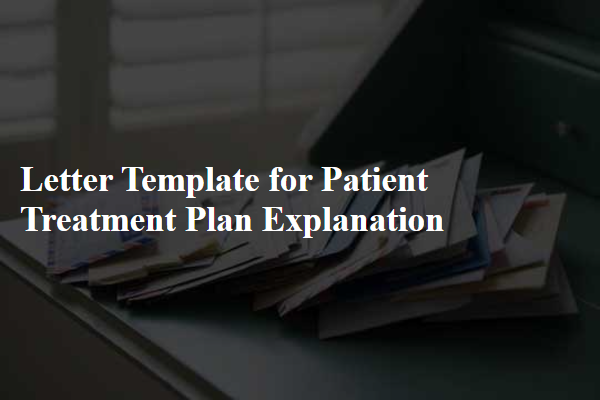
Personalization and patient details
A treatment plan for patients with chronic conditions is essential for effective management and recovery. Personalization in a treatment plan includes detailed assessments of medical history, current health status, age, and specific conditions such as diabetes or hypertension. Goals of treatment typically revolve around improving quality of life and managing symptoms effectively. For instance, for hypertensive patients, recommended actions might include lifestyle modifications like dietary changes (reducing sodium intake to less than 2,300 mg daily) and regular exercise (aiming for at least 150 minutes of moderate aerobic activity weekly). Medications prescribed might include ACE inhibitors or beta-blockers, tailored to individual responses and circumstances. Regular follow-ups, typically scheduled every three months, are crucial for monitoring progress, making adjustments to the plan, and ensuring patient adherence. Effective communication and education about managing their conditions empower patients and promote better health outcomes.
Clear medical diagnosis and assessment
A clear medical diagnosis is essential for developing an effective treatment plan for patients. For instance, conditions such as Type 2 Diabetes affect millions globally, requiring precise assessment guidelines. Key metrics include Blood Glucose Levels (elevated above 126 mg/dL indicating diabetes) and Hemoglobin A1c levels (greater than 6.5% signaling poor long-term glucose control). Comprehensive assessments may involve a thorough medical history, physical examinations, and laboratory tests to evaluate kidney function and lipid profiles. By employing advanced imaging techniques like Ultrasound or MRI, healthcare professionals can gain deep insights into the condition's severity, informing tailored interventions. This thorough understanding ensures that patients receive personalized recommendations and strategies for managing their health effectively.
Detailed treatment plan and objectives
A comprehensive treatment plan effectively outlines specific objectives for patient recovery. This plan includes personalized goals such as reducing pain levels by 30% within six weeks, achieving independence in daily activities by the end of three months, and improving mobility through targeted physical therapy sessions, scheduled three times per week at a local rehabilitation center. Components of the treatment plan may incorporate a pharmacological approach using pain management medications, alongside non-invasive therapies such as acupuncture, shown to enhance overall well-being. Regular assessments, every two weeks, will monitor patient progress and adapt strategies as required, ensuring a dynamic response to changing needs. Involvement of primary care physicians, physical therapists, and specialists fosters an integrated model of care, enabling a multifaceted approach to support recovery and optimize health outcomes for the patient.
Expected outcomes and benefits of treatment
A patient treatment plan is essential for managing chronic conditions such as diabetes and hypertension. The expected outcomes include improved blood sugar control (targeting HbA1c levels below 7%), reduced blood pressure (ideally below 130/80 mmHg), and better overall health. Benefits of this treatment plan encompass increased energy levels, enhancement of daily activities, and decreased risk of complications such as heart disease or kidney failure. Regular follow-ups (typically every three months) are crucial for monitoring progress and adjusting the plan as necessary. This proactive approach fosters a greater understanding of health management and promotes adherence to lifestyle modifications, including diet and exercise recommendations suitable for sustaining long-term health improvements.
Contact information for further questions and support
A comprehensive patient treatment plan must include clear contact information for further questions and ongoing support, especially for complex healthcare procedures or therapies. A designated contact person, often a nurse or case manager, should be highlighted, such as Jane Doe, RN, whose office is located at City Hospital, Suite 300, Main Street, Springfield. The contact phone number, 555-1234, enables patients to seek clarification or guidance between scheduled appointments. An email address, support@cityhospital.com, provides a convenient alternative for communication, allowing patients to reach out for assistance at their convenience, fostering a supportive environment. Highlighting the operating hours, such as Monday through Friday, 8 AM to 5 PM, ensures patients know when they can expect responses and support.

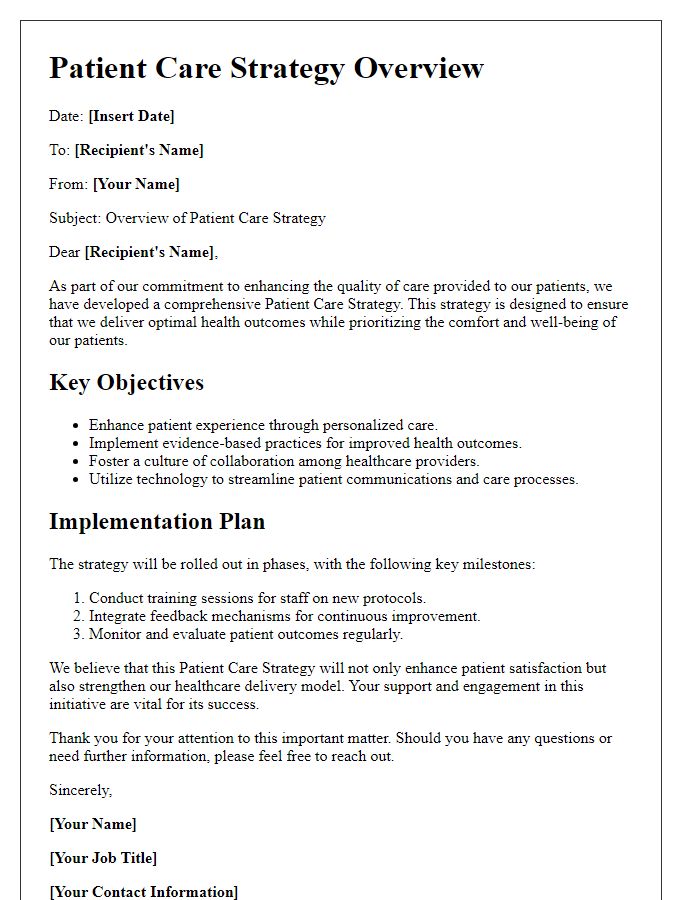
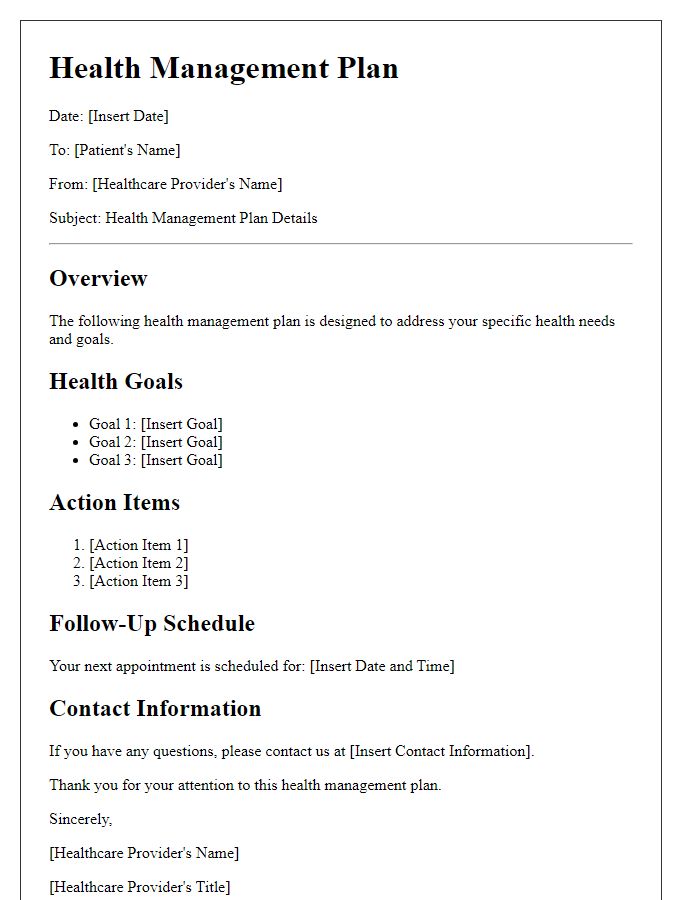
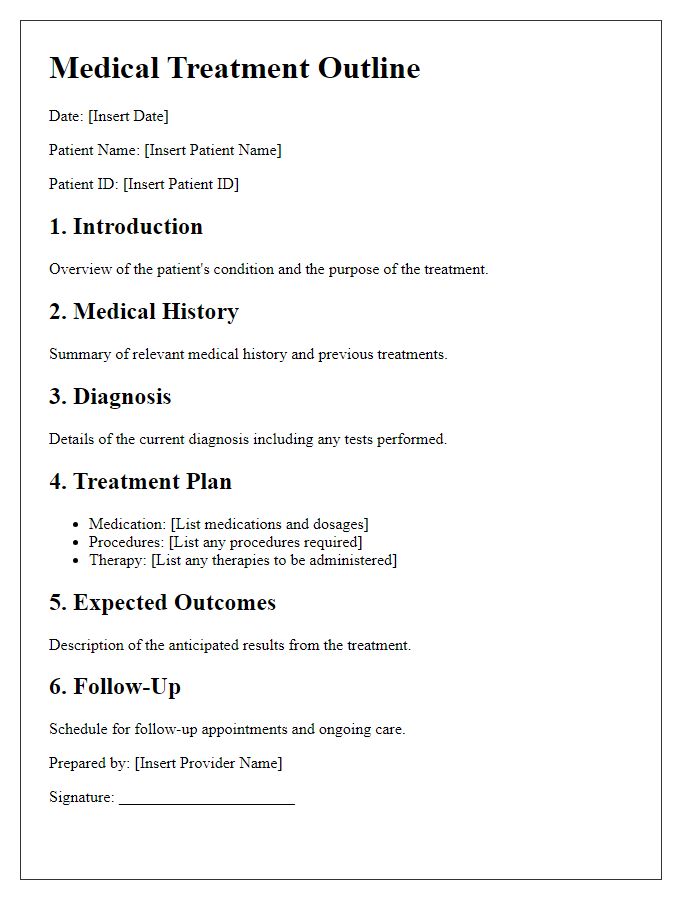
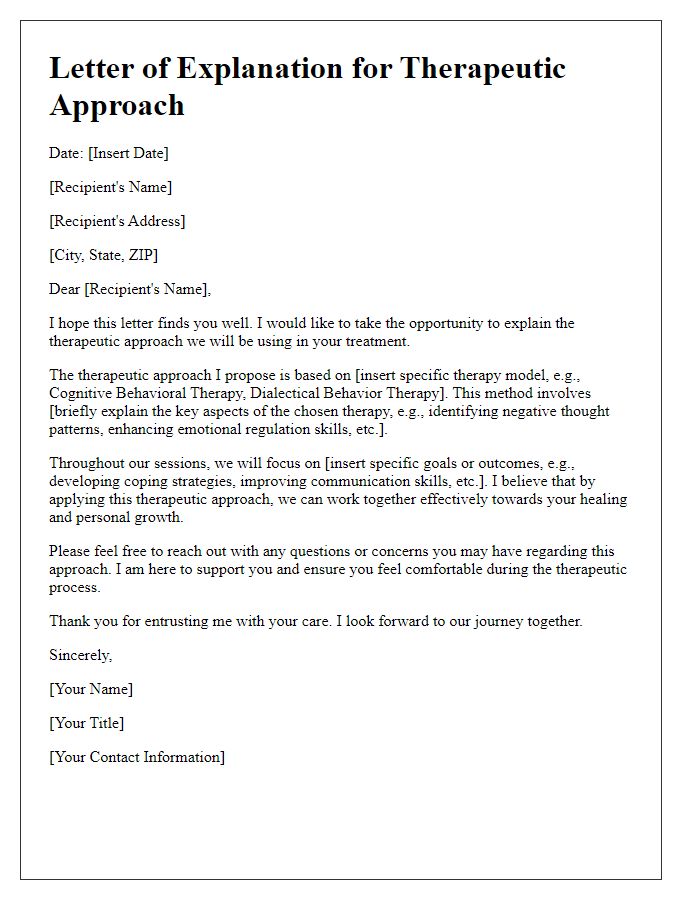
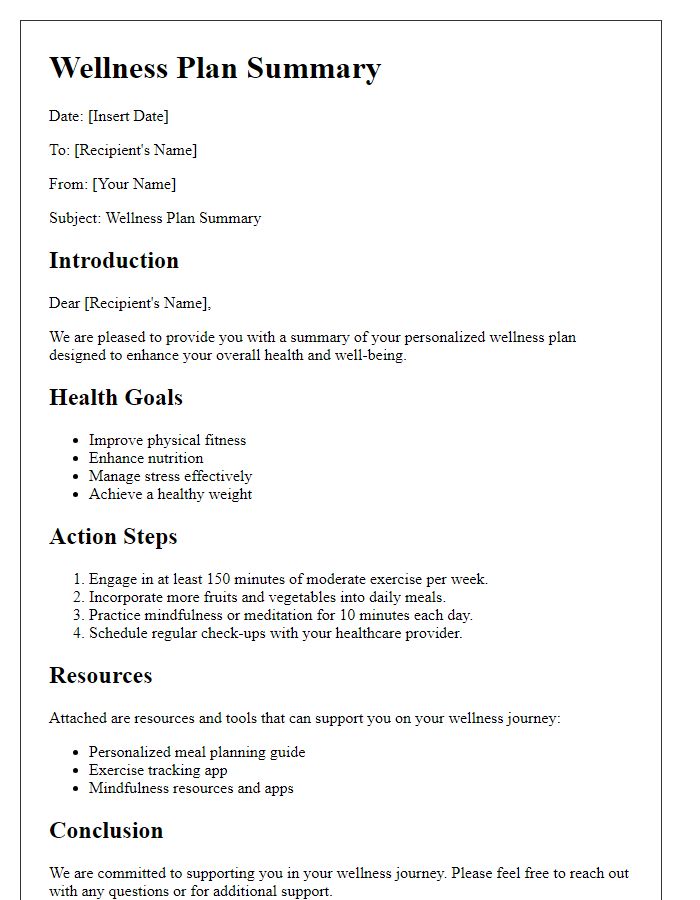
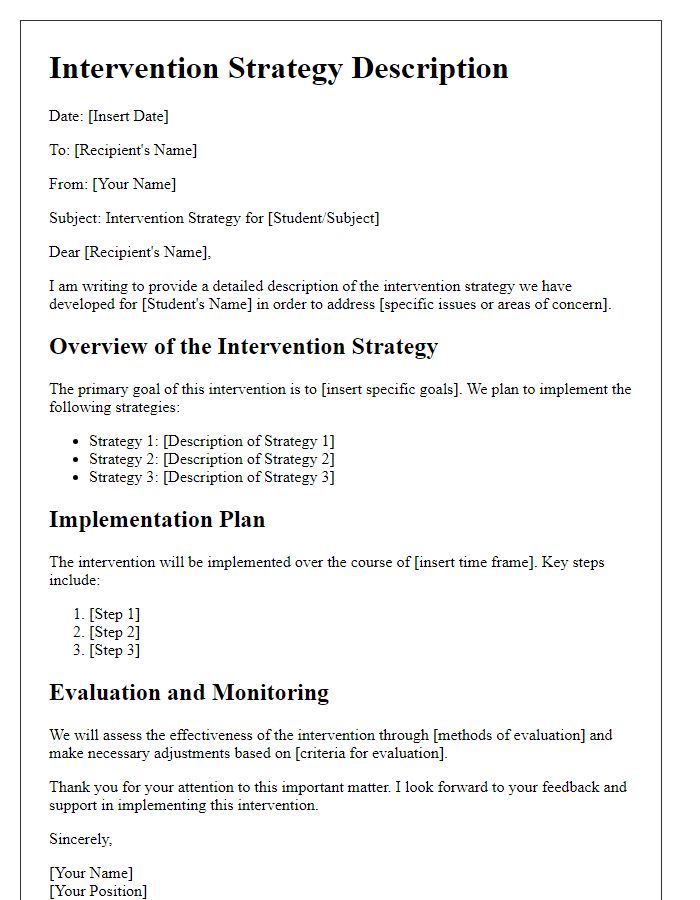
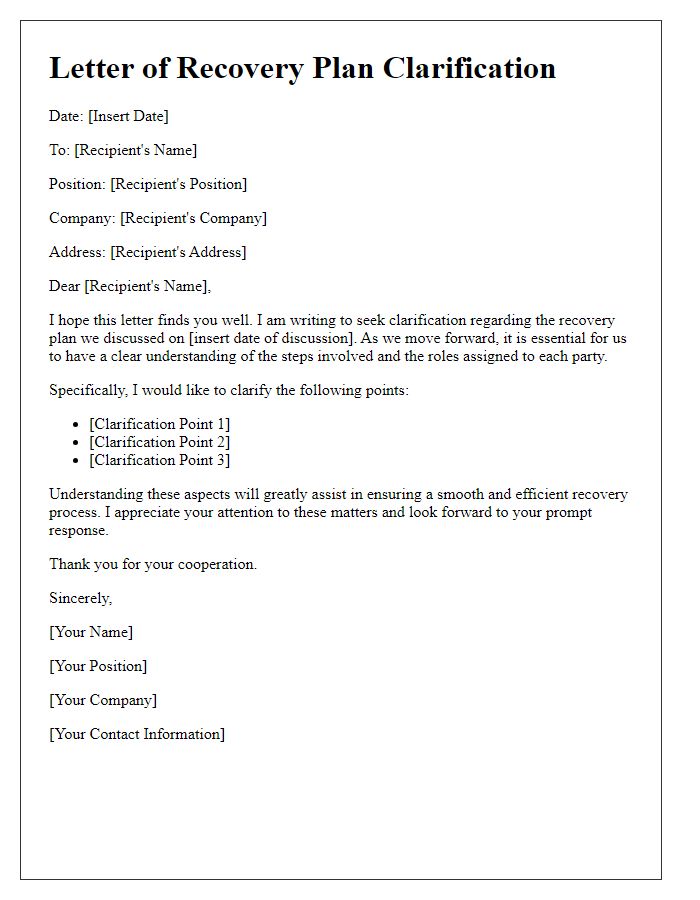
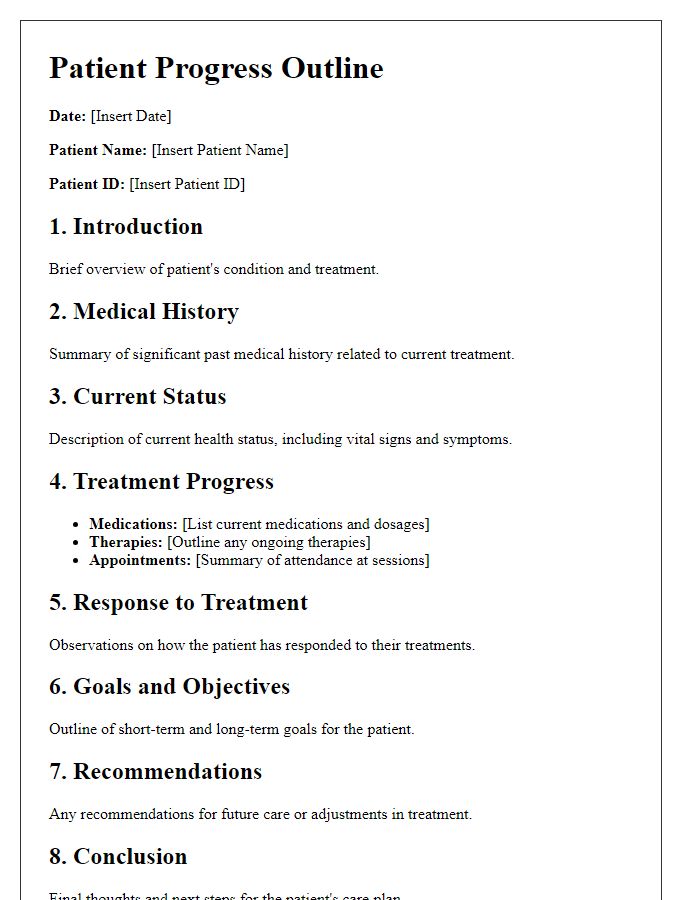
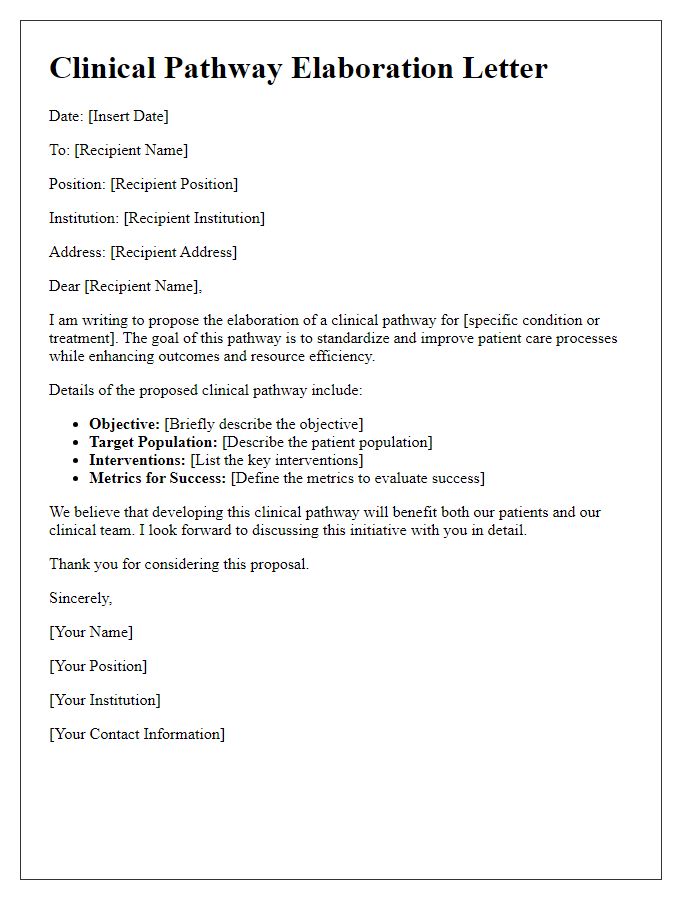
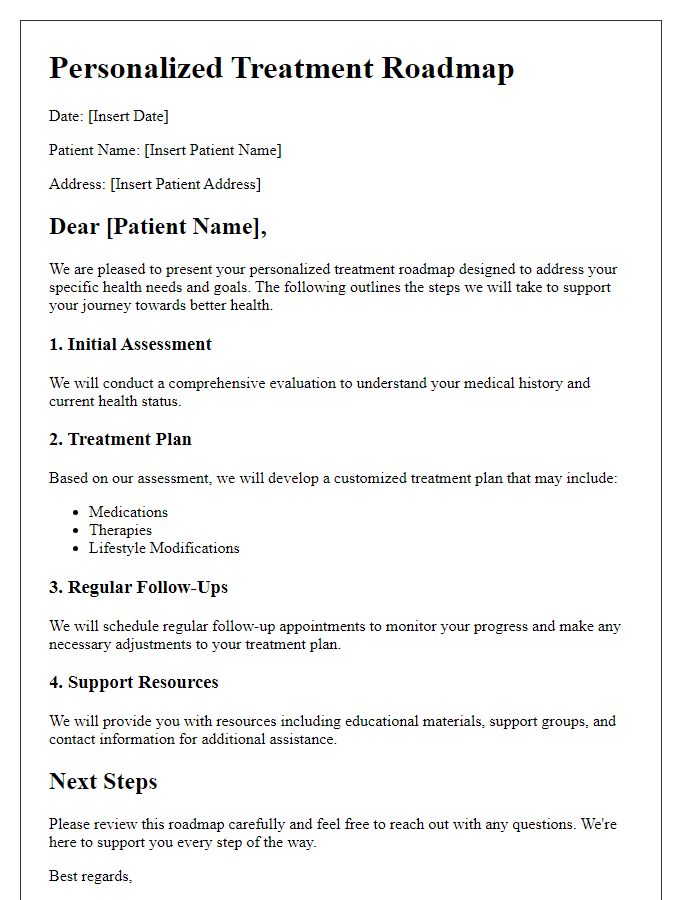

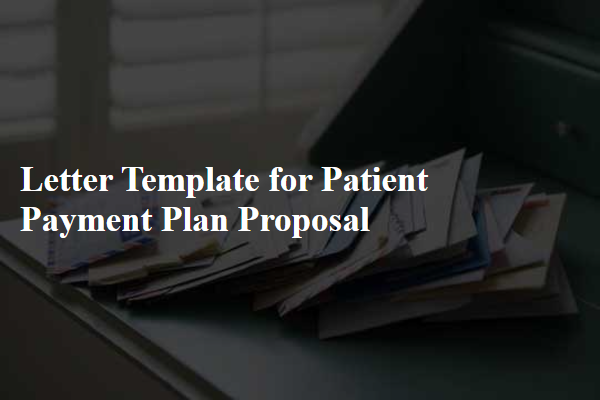
Comments